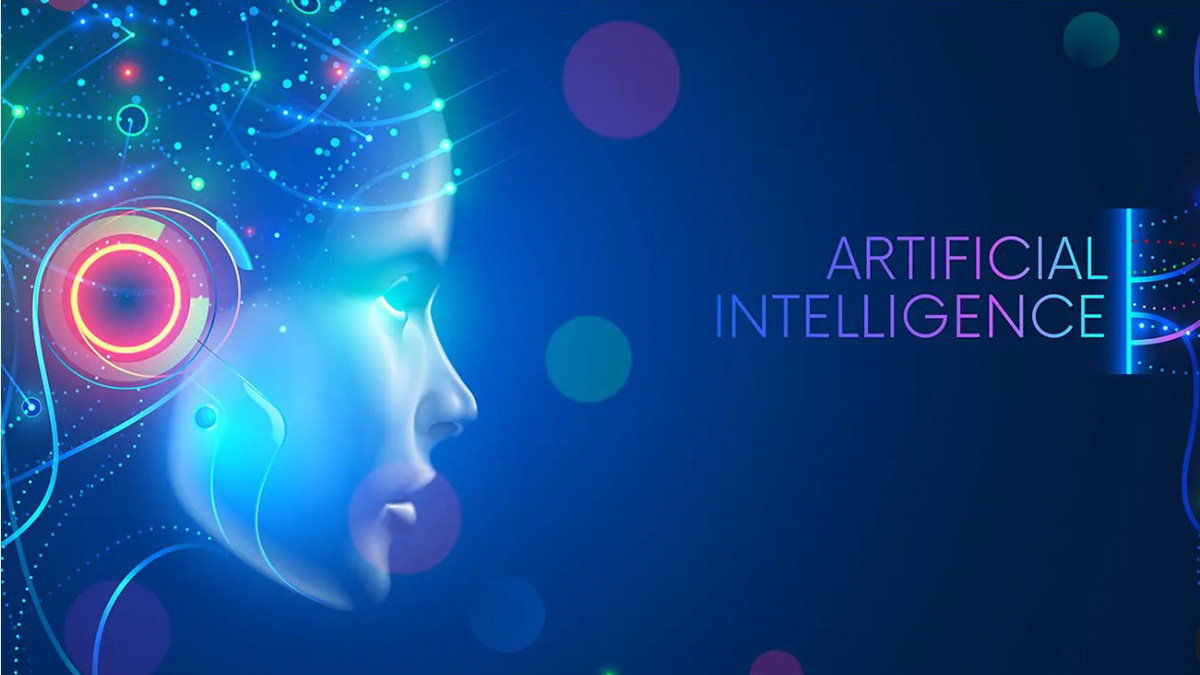Health serves as the cornerstone of existence, yet it often slips our minds. While many can give a detailed account of their wealth, the same cannot be said when it comes to health. This forms the basis for AI to transform the healthcare sector. Health is a personal matter and should always be treated as such – under the individual’s control rather than the industry’s. Gen AI represents a meaningful new tool that can help unlock a piece of the unrealised $1 trillion of improvement potential present in the industry.
Artificial Intelligence (AI) Technology opens the door for holistic healthcare to be led by Life Science than its fragmented industries catering to the disconnected segments of an individual’s health. The industry has so far depended on Medical Health Record (MHR) and episodic variations of it to address mostly medical conditions. This data owned by the industry is not shared and / or collaborated upon. The opportunity now is to work with Personalised Health Record (PHR) that is owned and controlled by Individuals and shared across the industry for use across various processes.
When one pays attention to the Figure 1, it is evident that this is disjointed in real life almost everywhere in the world. The curation of data with the Personal Health Record (PHR) being the source will power Artificial Intelligence (AI) to igniting and automating multiple Industry Processes including:
1. Personal Well Being: That spans the Physical, Psychological and Emotional Health Data of an Individual supported by Diet & Nutrition, Rest & Recovery and finally the dictates or specificities of the abilities in each sphere of pursuit. Where data collected at source would include Devices (Including MRI, PET Scan and such Machines, Wearables, Scanners, Sensors and IOT).
2. Professional practice Management: Professionals being Paired Intelligently with the Individuals at the rate of their preference and allowing the execution of tasks with Precision and Accuracy in collaboration across the various experts in the ecosystem.
3. Clinical Life Cycle Management: From Trials to Actual treatments, be it for Well Being or Medical Conditions, treatment process followed by Prognosis and Care can become more efficient with the availability of the right diagnosis supported by the right history.
4. Administration Management: Being able to orchestrate and organise work (example surgery), Workforces (Physician, Nurses, Anaesthetist, Chemist, and so on) and Workplaces (Ambulatory Services, Surgical theatre, Intensive Care, Palliative Care and so on); seamlessly from Admission to Discharge.
5. Revenue Cycle Management: Aggregating Costs, Insurance, Reimbursements, Accounting, Claims and Settlements at a disaggregated level for each of the entities involved in providing the services.
6. Disease Management: As evidenced during Covid, the early detection of Viruses could lead to Localised Vaccines and Treatments being readily available before it turns into a Pandemic.
7. Drug Discovery Management: The shared collaboration on data from source across all the above processes that contribute to organic and biochemistry being explored in the labs of the Pharma and Hospital Labs.
8. Genomic Management: Merging genetics and computational biology studies with statistical data analysis and computer science. Allowing researchers utilise DNA sequence data to investigate diseases and uncover new treatments and medications.
Health of an Individual is essentially governed by three conditions including Genetics, Congenital and Socially Acquired. To manage the healthcare of individuals with efficacy, all the seven processes listed above must work in consonance to Track, Trace, Test and Treat. The computing ability of Artificial Intelligence (AI) at an ecosystem level is critical for improving the Quality of Health outcomes in our societies. This will reduce the cost burden for governments across the world who provide Healthcare as an entitlement. Mortality Rate is a problem more than an opportunity when Quality of Health is not addressed as a Solution.
The transformative power of generative AI (gen AI) will likely reshape the healthcare industry over time, and organisations are beginning to act. In McKinsey’s Q1 2024 survey, more than 70 % of respondents from healthcare organisations—including payers, providers, and healthcare services and technology (HST) groups—say that they are pursuing or have already implemented gen AI capabilities
As of May 2024, following the official implementation of the International Classification of Diseases ICD-11, the World Health Organisation (WHO) reports that 132 Member States and regions are in different stages of adopting the new classification system. Specifically:
• 72 countries have initiated the implementation process, including translation efforts.
• 50 countries are conducting or expanding implementation pilots.
• 14 countries and regions have started collecting or reporting data using ICD-11 coding.
This implementation is crucial for algorithms to analyse and interpret data from personal to universal levels, enhancing the understanding of health issues and facilitating the development of effective solutions and applications.
Isn’t it ironic that almost 4 % of hospitalised patients worldwide pass away from conditions acquired in the hospital, unrelated to their initial reason for admission? The vision of Personalised Health Care integrated throughout the healthcare system may soon allow individuals to receive care in their own homes without needing hospitalisation. This concept is achievable through the integration of Work, Workforce, and Workplace using Digital Technology and driven by Artificial Intelligence (AI).
The author is Founder and CEO, Giggr Technologies. Views expressed in the above piece are personal and solely that of the author. They do not necessarily reflect Firstpost’s views.

)





